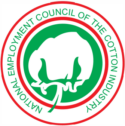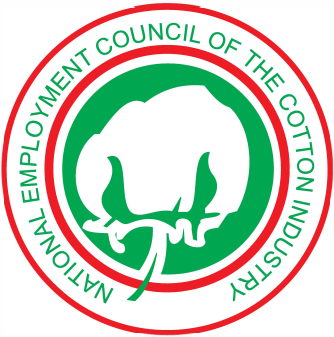WHY A WORKERS COMMITTEE IS OF MUTUAL IMPORTANCE TO EMPLOYEES AND THE EMPLOYER?
A Workers Committee: Formation, Composition And Functions
- Employees of any organisation have the right to freely and voluntarily appoint or elect a committee made up entirely of non-managerial employees that will represent and advocate for their rights and interests at the workplace.
- The workers committee must consist solely of non-managerial employees, unless the committee is for managerial workers, in which case it will be comprised solely of managerial employees.
- Employees of one employer shall form only one workers committee.
- A workers committee shall comprise of not less than three and not more than fifteen members who shall be representative of the different sections of the undertaking concerned.
- If more than 50% of the organisations’ employees are represented by a specific trade union, all members of the workers committee must be members of that trade union.
- Members of a workers committee shall from among themselves, elect—
(a) a chairman who shall be responsible for presiding over all the meetings;
(b) a secretary who shall be responsible for taking minutes in a meeting, and for keeping records.
- Meetings shall be held at least once a week outside the normal working hours.
- Fifty percent, attendance at any meeting of a workers committee shall form a quorum.
- Matters shall be decided by a majority, and in the event of an equality of votes, the chairman shall have a casting vote in addition to his deliberative vote.
- The term of office of a workers committee shall be two years after which new elections or appointments will have to take place.
- A member of a workers committee shall be eligible for re-appointment or re-election following the expiry of the term.
- Workers Committees are entitled to engage in collective bargaining with the company representatives in all matters concerning their rights and interests at work.
- A Workers Committee shall elect some of its members to represent them in the Works Council.
- The Labour Act, (sections 4; 23 – 24) as read together with the Labour Relations (Workers Committees) (General) Regulations, 1985, Statutory Instrument 372 of 1985, provides for the formation, composition, roles and functions of a workers committee.
Works Council: A dynamic evolution stemming from the formation of a Workers Committee
- Section 25A of the Labour Act provides that in every establishment where a Workers Committee has been elected, there shall be a works council.
- A works council is a forum for engagement between the employer and employees.
- A works council is made up of an equal number of Workers Committee representatives and management representatives on the other hand.
- The forum is premised on principles of mutual collaboration, cooperation, involvement and dialogue (communication) between employees and the employer.
The focus /duties of the Works Council
- Is on how best to use the available human, capital, equipment and other resources for maximum productivity and optimum employment standards.
- To foster, encourage and maintain good relations between employer and employees at all levels and seek solutions to common problems.
- To promote the general and common interest, including the health, safety and welfare of the company and its employees.
- To promote and maintain the effective participation of employees in the company and secure mutual trust and cooperation of employees, the employer and any registered Trade Unions in the interest of industrial harmony.
- Consultation during restructuring of the company as a result of new technology and work methods,
- Deliberation and consultation concerning product development plans, job grading and training
- Consultation concerning partial or total plant closures, mergers, transfers of ownership inter-alia
- Coordination and cooperation in the implementation of an employment code of conduct
- Consultation on issues concerning the criteria for merit increases or payment of discretionary bonuses
- Consultation on issues to do with the retrenchment of employees
- Consultation on matters concerning paid educational leave.
Workers Committee and the resultant Works Council are the pillars to: –
- Shared vision and responsibilities, ensuring continuity of operations.
- Creation of opportunities to gain new skills from colleagues.
- Morale enhancement.
- Building mutual trust.
- Balancing of workloads as a result of complementing one another.
- Positive approach to problem-solving.
- Improve performance/productivity.
The underlying golden principles regarding works council for an organisation is captured by the phrases, “Communication is the lifeblood of an organization” and “Feedback is the breakfast of champions.” Workers Committees, also known as Worker Leadership, are crucial work forums in the enhancement of sustainable productivity and industrial harmony
Key issues to ensure for a functional and progressive workers committee
- Workers committee members require constant training in labour laws, leadership skills and basic business concepts to enhance and sustain their effectiveness and efficiency in the delivery of their mandate especially in the face of the dynamic business environment.
- Employers also need to have the goodwill to support and empower the Workers Committee members through investing in their training and capacity building.
- Representatives of the progressive worker committee should understand both procedural and substantive fairness aspects, especially when administering of disciplinary issues is concerned.
- The members of the workers committee must be passionate learners about industrial relations, human resources, and business in general.
Prepared by
Faith Mupangani
Disclaimer: Faith Mupangani is a Designated Agent for the National Employment Council for the Cotton Industry and he writes in that capacity. He can be contacted on 0773150598, or by email fmupangani@neccotton.co.zw

